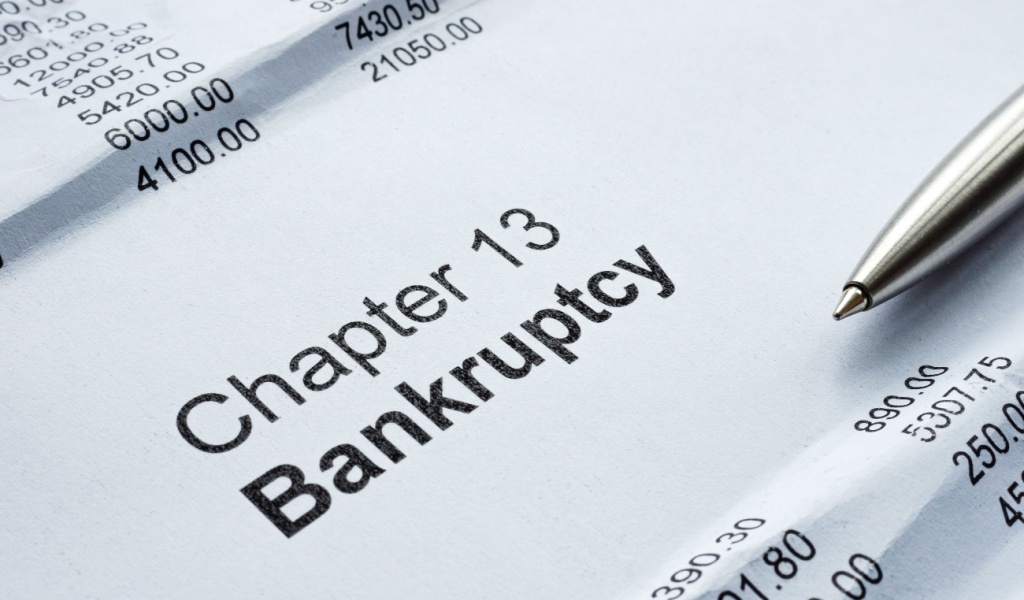Simply speaking, bonds are a form of loan that is issued by the “borrower”, which is typically a company or government`. However, unlike regular loans which require funding from banks and other financial institutions, bonds are bought from individuals in the general public. In return, they will receive a fixed amount of interest for the money they have “lent”.
There are several types of bonds with differing levels of risk and rewards attached to each of them; the most common being municipal and corporate bonds. Bonds are a great way to diversify your investment portfolio, and there are a number of different reasons why they are a good investment to make. But, as always, there are things to consider that are drawbacks as well.

Let’s start with the good. Here are some of the main benefits of investing in bonds:
They Are Relatively Risk-Free
There is no way to invest without involving at least a little bit of risk, but as far as investments go, bonds may be your safest bet. There is very little chance that bonds issued by a municipality or high-quality, investment-grade corporate bonds will default, and there is virtually no chance of default with Treasury bonds.
As the nature of the stock market is pretty volatile, bonds can be a good way to balance out your portfolio against other high-risk investments. As they are fixed-income investments, bonds are preferred by people who cannot afford to take much risk, such as retirees. In fact, financial advisors generally advise investors to gradually shift more of their portfolio over to bonds are they get older.
They Are a Form of Fixed Income
A coupon payment on the bond investment is paid out yearly or biyearly, conditional on the terms of the bond. This means that there is a dependable source of income that the bondholder can rely on, unlike stock market investments which come with a relatively high amount of uncertainty.
This is why those nearing retirement age or those who are already retired are advised to put most of their money in bonds. In fact, another term for bonds is “fixed income security”.
They Help You Give Back While Still Gaining
Who wouldn’t want to give back to their community if they had the means to do so, especially if it means that they won’t be losing out on any of their own money and see growth in it?
Municipal bonds can be a great way to do that as your funds will likely go towards the betterment of the community. Treasury bonds are similar as well, although on a much larger scale. Even investing in local companies that you believe in or an industry that you are passionate about in the form of corporate bonds can be a way to help them raise money.
They’re Uncomplicated
If you aren’t well-versed in the world of stocks and investment, it can be difficult to figure out where the right place to put your hard-earned money is. A financial advisor can help you figure some of it out, and you may need to pay a hefty charge for the advice, but it’s ultimately up to you to make the hard decisions.
On the other hand, bonds are pretty simple to manage. You can start earning a return just by purchasing a bond and letting it mature (although some investors end up selling their bonds before the maturity date, incurring either a profit or a loss).

Drawbacks to Investing in Bonds
As with anything else, bonds aren’t without their own drawbacks. It is important to contemplate both sides of the argument so you are able to decide if this is the best place for your money. Therefore, here are the disadvantages to bonds that you need to consider.
There’s Still Some Risk
While bonds are a pretty low-risk investment, they aren’t completely risk-free, like say, a Certificate of Deposit (CD), money market account, or savings account at a financial institution. The Federal Deposit Insurance Corp even insures your money up to $250,000 under all 3 of these.
Bonds do not have any such insurance, which is why they come with something called credit risk. They are still very low in risk when compared to stocks, but the bond issuer could still default on the bonds. This can result in one of three scenarios for you: the loss of earned interest, loss of your principal investment, or both.
There is also an interest rate risk involved whereas a rise in them can cause bond prices to fall as investors seek higher returns elsewhere. This will result in the value of your bonds going down as well. However, in case of a fall in interest rates, the exact opposite would occur where the prices of bonds go up, taking with them the value of your existing bonds. This could make your bonds easier to sell if buyers are willing to pay higher interest rates than the current market rate.
Low Risk = Low Reward
When it comes to the world of investment, the higher the risk, the higher the reward. Junk bonds, which are considered the riskiest corporate bonds, are assumed to have a higher chance of default, but also come with a higher payout to compensate investors for their increased risk.
That’s why Treasury bonds come with very low investment payments. They also don’t take into consideration things like inflation and growth is pretty minimal when compared to that of stocks. If you wish to grow your money in any substantial way, you could be missing out on much more lucrative opportunities.
For instance, according to CNN Money, large government bonds have earned average annual returns of 5%-6% since the year 1926. In comparison, large stocks have had average annual returns of 10% over that same period.
Your Funds Are Tied Up
Unlike stocks, which can be bought and sold as you see fit, or money in a savings account, which can be accessed at any given moment, a bond is an investment that requires commitment and patience to see it through. One needs to wait until the bond matures if they intend to gain the full rewards of the investment.
In other words, you cannot access the money invested in bonds as you need it, so you need to be ready to play the long game. Sure, they can also be sold, but it can be difficult to find buyers in the short run. In case of a financial emergency, this could mean that you end up selling them at a lower price, and therefore end up losing money.



